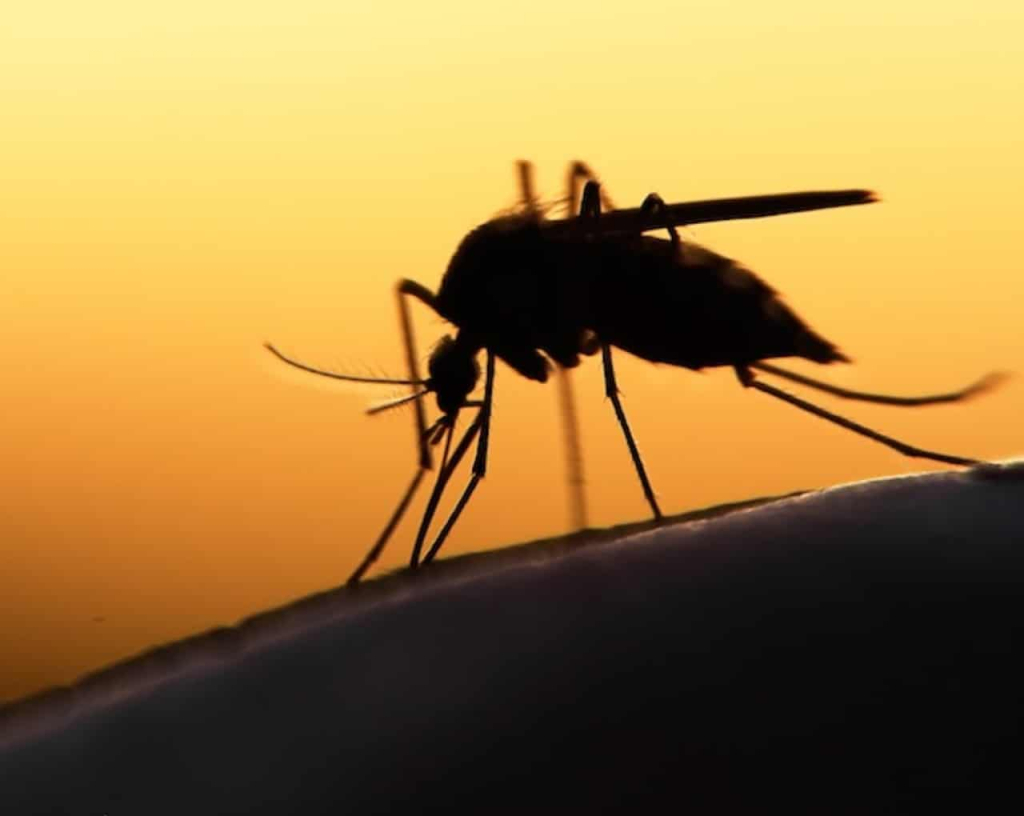Health workers in Nigeria’s Adamawa State launched a door-to-door campaign Saturday to administer life-saving antimalarial drugs to children under five, marking the first phase of the 2025 Seasonal Malaria Chemoprevention (SMC) initiative. The effort, targeting roughly 1.2 million children, aims to curb malaria-related deaths during peak transmission seasons, which align with the region’s rainy periods.
The state government inaugurated the campaign on July 18 during a ceremonial event at Luggere Ward in Yola North Local Government Area, where volunteers and health teams were mobilized to distribute Sulfadoxine-Pyrimethamine and Amodiaquine—medications proven to reduce infection rates and severe complications in young children. Dr. Bashir Usman Malaria, Executive Secretary of the Adamawa State Primary Health Care Development Agency, emphasized the campaign’s urgency, stating, “This is a critical intervention to shield vulnerable children when malaria risks are highest. Timely prevention saves lives and reduces the burden on healthcare systems.”
Malaria remains a leading cause of death among children in sub-Saharan Africa, where seasonal outbreaks disproportionately affect communities with limited access to healthcare. The door-to-door strategy, backed by the World Health Organization (WHO) as a cost-effective measure, ensures even remote households receive treatment. During the campaign’s launch, Dr. Edgar Sunday, Chief of Staff to Governor Ahmadu Fintiri, reiterated the government’s commitment: “No child should die from a preventable disease. We are prioritizing health equity and robust systems to protect our future generations.”
The SMC program aligns with broader regional efforts to combat malaria, which accounts for over 30% of hospital visits in Nigeria. While challenges such as drug resistance and logistical hurdles persist, Adamawa’s campaign reflects a proactive approach to disease control. Health workers reported smooth operations on the first day, with parents welcoming the initiative.
The state plans three additional cycles in 2025 to sustain protection through high-risk periods. Success hinges on community trust and consistent funding—factors advocates say are critical to replicating similar gains seen in neighboring countries like Chad and Niger, where SMC has reduced child mortality by up to 25%. As distribution continues, officials urge caregivers to cooperate with volunteers, underscoring that each dose delivered represents a step toward eliminating one of Africa’s oldest public health threats.
